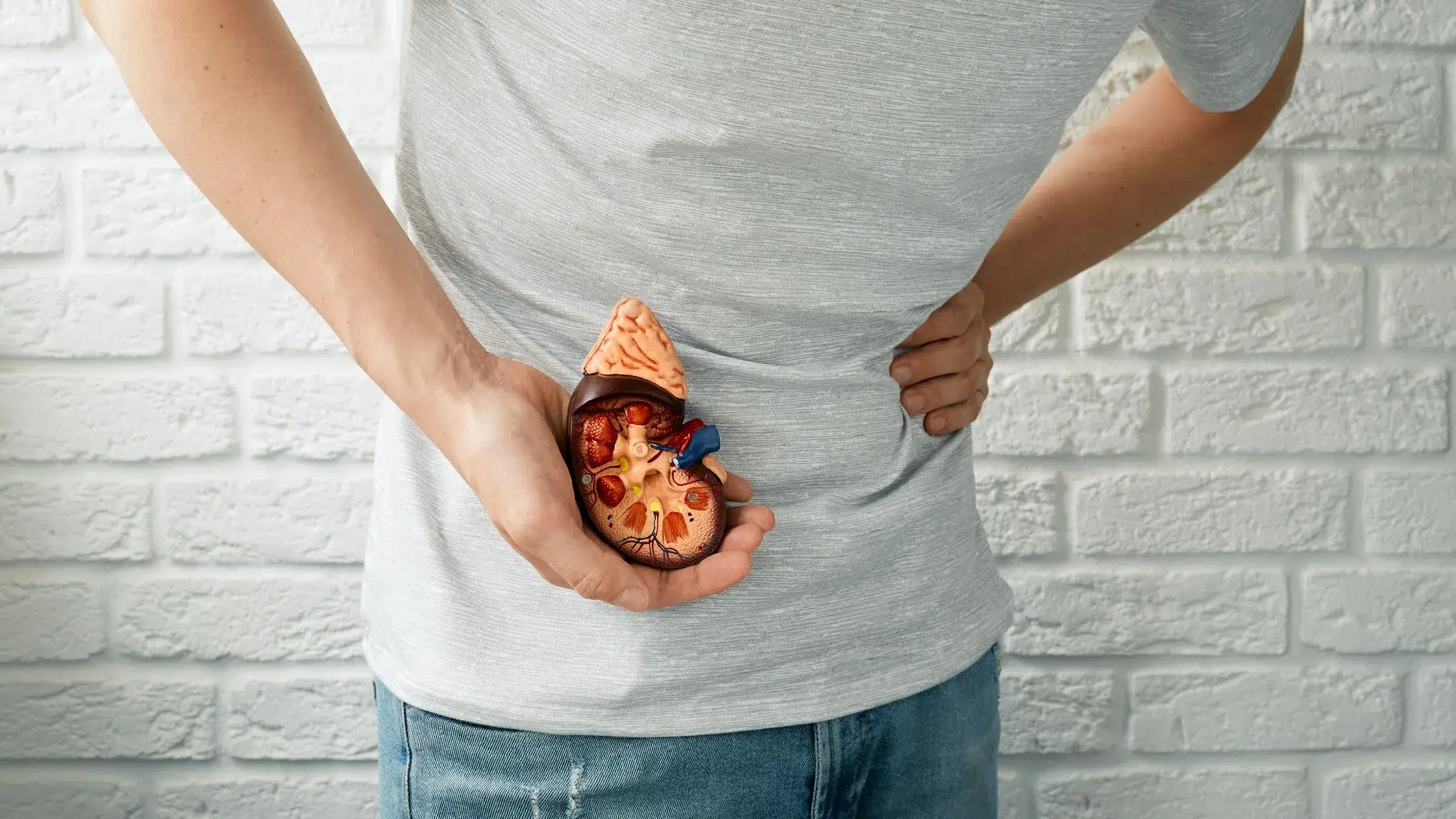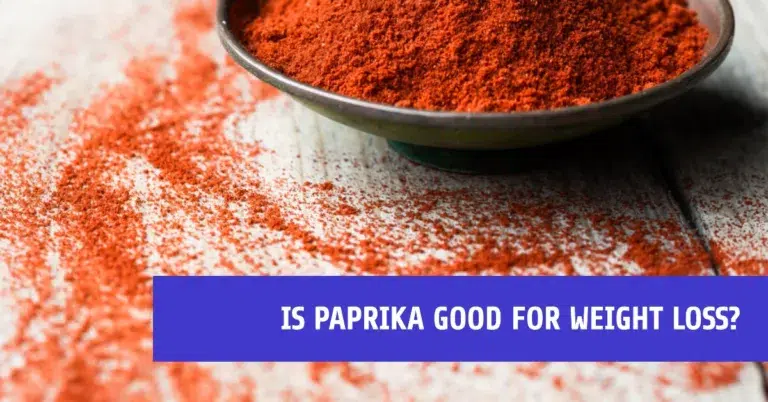Chronic kidney disease: Optimizing Nutrition, Health and Vitality
Chronic kidney disease (CKD) is a condition that causes the loss of normal kidney function over time. The kidneys are vital organs that filter waste and excess fluid from the blood, as well as regulate electrolytes, such as sodium, potassium and phosphorus. When the kidneys are damaged, these functions are impaired and can lead to serious health problems .
Table of Contents
Nutrition plays a key role in managing Chronic kidney disease and preventing further complications. Eating right for CKD can help slow down the progression of kidney damage, reduce the risk of electrolyte imbalances, vitamin deficiencies and protein energy malnutrition , protect your bones and blood vessels from calcium and phosphorus buildup, and improve your overall well-being.

In this article, we will discuss some of the main aspects of nutrition for men with Chronic kidney disease, such as protein intake, sodium restriction, potassium balance, phosphorus control, calcium and vitamin D supplementation. We will also provide some tips on how to plan a kidney-friendly diet that suits your needs and preferences.
Protein: How much and what kind to eat for Chronic kidney disease?
Protein is a vital nutrient that helps build and repair tissues in your body. However, when you have CKD, your kidneys may not be able to filter out the waste products from protein metabolism. This can cause a buildup of toxins in your blood and worsen your kidney function.
How much protein can you take for kidney health?
It is important to limit your protein intake to stay within a safe range for your kidney health. The current recommendations for protein intake for patients with CKD are 0.55 to 0.6 grams of dietary protein per kilogram of body weight per day. This means that if you weigh 70 kg (154 lbs), you should eat about 38 to 42 grams of protein per day.
Food for kidney health
Not all protein sources are equal, though. You should choose high-quality protein foods that have all the essential amino acids (the building blocks of protein) and low amounts of fat, especially saturated fat (less healthy for the heart). Some examples of high-quality protein foods are lean meats, poultry, fish, eggs and low-fat dairy products. You should avoid or limit fatty cuts of red meat, whole-milk dairy products, egg yolks and processed meats like bacon, sausage and ham.
Sodium: How much and what kind to avoid for CKD?
Sodium is a mineral that helps regulate fluid balance, blood pressure and nerve function in your body. However, when you have CKD, your kidneys may not be able to remove excess sodium from your blood. This can cause fluid retention, swelling, high blood pressure and heart problems.
How much sodium is good for kidney health?
It is important to limit your sodium intake to stay within a safe range for your kidney health. The current recommendations for sodium intake for patients with CKD are less than 2 grams (2000 milligrams) of sodium per day. This means that you should avoid or limit foods that are high in sodium, such as salt, soy sauce, canned foods, processed foods, fast foods and restaurant foods.
Tips for Reducing Sodium Intake
You should also read food labels carefully and choose foods that have less than 140 milligrams of sodium per serving. You can also use herbs, spices and lemon juice to add flavor to your food without adding salt. You should also drink enough water to help flush out excess sodium from your body.
Potassium: How much and what kind to balance for CKD?
Potassium is a mineral that helps regulate muscle contraction, nerve function and heartbeat in your body. However, when you have CKD, your kidneys may not be able to keep your potassium level in a normal range. This can cause irregular heartbeat, muscle weakness and even cardiac arrest.
Recommendations for potassium intake
It is important to balance your potassium intake to stay within a safe range for your kidney health. The current recommendations for potassium intake for patients with CKD are 2 to 3 grams (2000 to 3000 milligrams) of potassium per day. This means that you should eat a moderate amount of foods that are high in potassium, such as bananas, oranges, potatoes, tomatoes and beans.
You should also avoid or limit foods that are very high in potassium, such as dried fruits, nuts, seeds and chocolate. You should also check with your doctor or dietitian before taking any supplements or medications that contain potassium. You should also monitor your blood potassium level regularly and adjust your diet accordingly.
Calcium and vitamin D: How to keep bones healthy for Chronic kidney disease?
Calcium and vitamin D are essential nutrients for keeping your bones healthy and strong. However, if you have chronic kidney disease (CKD), your kidneys may not be able to perform their normal functions of regulating these minerals in your body. This can lead to mineral and bone disorder (MBD), a condition that causes weak bones, fractures, joint pain and other problems .
MBD treatment
To prevent or treat MBD, you need to get enough calcium and vitamin D from your diet or supplements. Calcium helps to build and maintain your bones, while vitamin D helps your body absorb calcium and use it properly . You should follow the advice of your doctor or dietitian on how much calcium and vitamin D you need based on your blood tests and stage of CKD .
Sources of calcium
Some good sources of calcium include dairy products, fortified cereals, tofu, broccoli, kale and almonds . Some good sources of vitamin D include oily fish, such as salmon, trout, whitefish and tuna; egg yolks; cheese; mushrooms; and fortified foods . You can also get vitamin D from sunlight exposure on your skin. However, you should avoid spending too much time in the sun or using tanning beds as they can increase your risk of skin cancer .
Conclusion: Summary and recommendations for eating right for CKD
Eating right for CKD can help you manage your symptoms, slow down the progression of kidney damage and prevent complications such as MBD. A kidney-friendly diet involves limiting foods that are high in sodium, potassium, phosphorus and protein and choosing foods that are low in these nutrients. You may also need to limit fluids and calories depending on your condition.
Your doctor or dietitian can help you plan a personalized diet that meets your nutritional needs and preferences. In addition to following a healthy diet, you should also take medications as prescribed, monitor your blood tests regularly and make lifestyle changes such as exercising, quitting smoking and limiting alcohol. By taking these steps, you can improve your quality of life and protect your kidney health.








